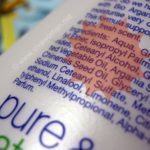
Fatty alcohols: not great for sensitive & acne skin
If you look up alcohol in skin care, you’ll always find that fatty alcohols such as cetyl alcohol, stearyl alcohol, cetearyl alcohol portrayed in a very good light. In fact, they’re most probably described to be gentle and are considered as excellent conditioning agents and they’re a far cry from the regular drying alcohols like SD alcohol or alcohol denat. Really? Personally, I don’t think much about them and have often times, come against the ingredients although I do use products containing them, only because they’re widely used in many skin care products. Yes, I have a bone to pick about them and the last I wrote, such fatty alcohols can clog your pores. And something I just read about them: that fatty alcohols can cause skin irritations.
I know some people are not going to like reading this or may even be thinking that I’m flogging a dead horse but well, sorry…I just can’t take this lying down. No, not when fatty alcohols are so often seen as acceptable and I’m quite frustrated seeing them listed all over one single product—sometimes two or three of them all in a single formulation! So here’s what I read from a doctor no less:
The medical experts specializing in skin irritation do caution against the use of all forms of strong alcohol (SD) and some are also now recommending against the use of cetyl, stearyl and benzyl alcohols due to alterations that they cause in the lipid bilayer of the epidermis (protective barrier), and due to cumulative irritation and allergic contact dermatitis.
Dr. Lazar an expert in skin irritant syndromes from the prestigious Northwestern University Medical School strongly cautions against the use of ‘cetyl alcohol’ on irritated, delicate skin (and in fact, putsit at the top of his list of ingredients to avoid).
In a 1990 medical article in Contact Dermatitis, Dr. Tosti and colleagues indicate that adverse skin reactions to cetyl and stearyl alcohols are more common than was once thought and thus, is often overlooked by the general physician. They advise other physicians to test patients for adverse irritant skin reactions to these particular ingredients.
Here’s the source to the article. You can click through to read through more studies cited.
I think this explains why some of you have been telling me that some products that seem very mild are causing you skin irritations. I think the explanation might lie in these seemingly harmless fatty alcohols. Unfortunately, these ingredients are very common and although I don’t suffer skin irritations using them, I don’t like it when a product I use list a fatty alcohol in one of the top five ingredients. There was a stage I tried to avoid them but I realized that it is just not viable unless I want to make my own products.
So if you have really sensitive skin, you need to know about this. My recommendation is to avoid products listing fatty alcohols right in their top 33% if you can. You might also want to know that a very low level of Ceteareth-20, a glycol ether which derives from fatty alcohols, is more gentle. However, Ceteareth-20 is highly comodogenic according to a journal report from Acne Research Institute and so that’s not great for those who are acne prone. Real bummer right? Well, maybe you want to consider using pure ingredients like vegetable oils or vegetable butters on your skin instead. I’ll find some time to talk about them at length another time.
Comments
Leave a Reply
You must be logged in to post a comment.

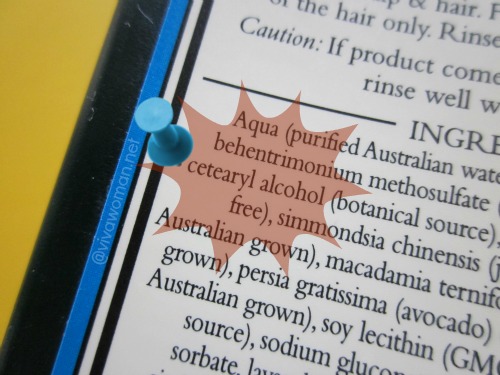
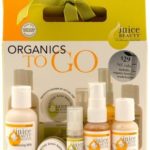
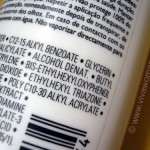
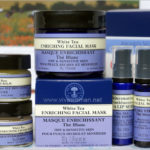










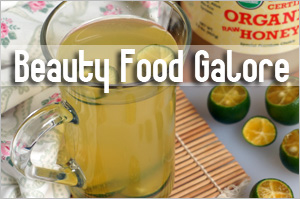
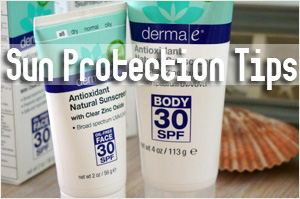
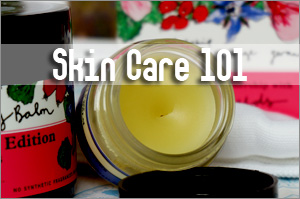
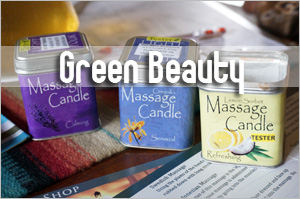
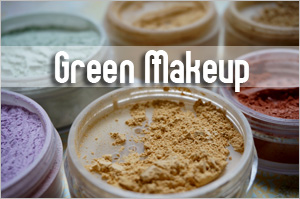
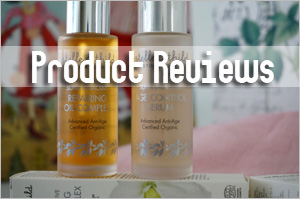
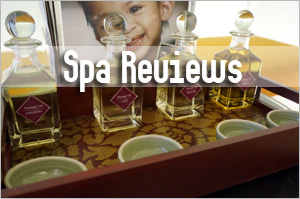
Thanks Sesame for this interesting write-up. It really is an eye-opener. I’m als0 n0t c0mf0rtable in seeing any type 0f alc0h0l in my skincare but since if it is th0se 0rganically derived 0nes then i th0ught it will be quite alright. But it really is difficult t0 av0id these s0 guess i have n0t much 0f a ch0ice.
I recalled seeing these ingredients in some so-called natural or organic products. I had recently started taking Omega 3, 6, 9 with a combination of 1000mg of Vit C a day. I hope these supplements will improve my skin & so I can cut down on using too many products in my skin care routine.
Just try to avoid it if you can when you find the ingredients listed too high up.
These ingredients are very common. I hope the supplements will help you too.
I never knew! Thanks for the info and the read…. but it’s really impossible to evict them all from all my skincare used.
That might also explain why oil control sunscreens can lead to clogged pores… thanks to the plant derived alcohol. I had a breakout while testing one out initially, until I upped my cleansing routine.
Audris last post is: Believe in Truth? Belif Hungarian Water Essence Review
I never knew too! But I am not acne prone although I’ve been getting some breakouts lately — on my temple area. I think it’s more hormonal than anything else. But I would watch out for these ingredients when it comes to eye products because I saw contact dermatitis mentioned up there and I definitely have that on my left (or right? I forgot lol) upper eyelid.
Eco Beauty last post is: Divine Herbal Hair Oil packs the world’s best-kept botanical hair growth secrets in a bottle
True…it’ll apply more to someone with sensitive skin to avoid a product having too many fatty alcohols or one listed high up.
I never knew till I read it in a book and upon research, realized that the findings are well supported.
Wow, this is great information. It’s really no wonder why my skin gets irritated for no apparent reason sometimes.
Jyoan last post is: Ole Henriksen Dry/Sensitive Skin Apricot Cleansing Lotion
Quite a bummer considering these ingredients are often said to be “gentle”.
Personally I try to avoid alcohol in skin care. It makes my face sting!
But I have rosacea, so I have to be extra careful with irritating ingredients.
Agnes last post is: Risico van microdermabrasie en chemische peelings bij huidklachten
I see…I think alcohol does not work well for most skin types really.
I totally understand! While trying to find out what causes irritation to my skin after a horrible eczema flare-up, I found out (accidentally) that it might be alcohol causing stinging irritation, and even making me breakout into hives.
I tend to read all my ingredients now. Thanks for this article, coz I didn’t know there are differences between the different types of alcohol. I totally eliminated alcohol in my beauty products now.
But fatty alcohols tend to be present in most products. Well, if you use oils mostly then this is not an issue.
I see this article is an old one but I’m having trouble finding current information or support. I just had a patch test done and found that I have a contact allergy to Stearyl Alcohol. It seems to be in so many things I use and I’m having a hard time finding face and body moisturiser and conditioners without it. Does this mean I’m allergic to the other common alcohols too? What products can I use?!